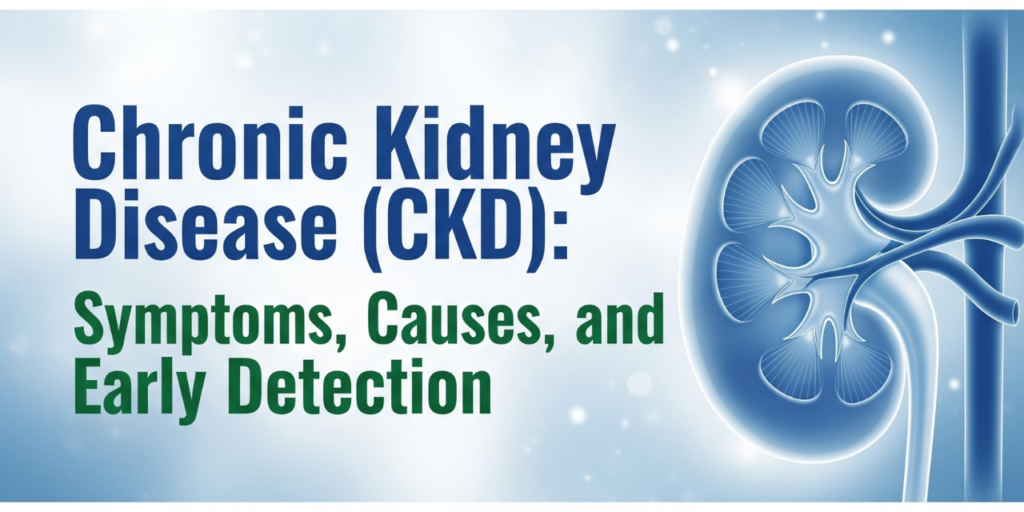Urologist in Patiala for Kidney, Prostate & Urinary Tract Treatments
When it comes to your urinary health, choosing the right urologist in Patiala is crucial. Whether you’re dealing with kidney stones, prostate issues, or urinary tract infections, a timely consultation with an experienced urology specialist in Patiala can prevent complications and help restore your quality of life. In this article, we’ll guide you through: What a urologist treats Why you might need one And how to find the best urology hospital in Patiala What Does a Urologist in Patiala Treat? A urologist is a medical specialist who diagnoses and treats problems related to the urinary tract in both men and women. This includes the kidneys, bladder, ureters, urethra, and the male reproductive system. If you are experiencing: Burning sensation while urinating Blood in urine Lower abdominal or back pain Difficulty in passing urine Frequent or urgent urination Erectile dysfunction or prostate issues …then you should immediately consult a urologist in Patiala. Top Conditions Treated by the Urologists in Patiala Here are some common conditions that require expert urological care: Kidney Stones: Treated using medication, laser surgery, or minimally invasive techniques. Prostate Enlargement (BPH): Common in older men and treatable with medication or surgery. Urinary Tract Infections (UTIs): Especially common in women; treated with antibiotics and lifestyle changes. Bladder Disorders: Including overactive bladder and incontinence. Male Infertility & Erectile Dysfunction: Advanced diagnosis and treatment available. Which Urology Hospital in Patiala Should You Choose? Finding a hospital with advanced diagnostic tools, experienced surgeons, and a compassionate team can make a huge difference in your recovery. If you’re looking for a trusted and experienced urology hospital in Patiala, consider Deep Hospital — home to some of the region’s most experienced urologists, including Dr. Jivtesh Singh, known for his patient-focused care and expertise in treating complex urological conditions. Why Choose Dr. Jivtesh Singh – Leading Urologist in Patiala? Experienced in kidney stone laser surgery and prostate treatments Trusted by hundreds of satisfied patients in Patiala Access to modern urology equipment and imaging tools Offers personalized diagnosis and follow-up care Transparent treatment process and easy appointment booking Frequently Asked Questions (FAQs) 1. Who is the best urologist in Patiala for kidney stone treatment? Dr. Jivtesh Singh at Deep Hospital is highly recommended for his expertise in kidney stone management and laser surgery. 2. What is a urologist best for? A urologist is best for treating issues related to kidneys, urinary tract, bladder, male reproductive system, and prostate. 3. Which hospital in Patiala has the best urology department? Deep Hospital in Patiala is known for its advanced urology department, experienced doctors, and modern facilities. 4. How can I book an appointment with a urologist in Patiala? You can call 0175-2282980 to schedule a consultation with Dr. Jivtesh Singh at Deep Hospital. 5. What are the symptoms that require a urologist consultation? Common symptoms include blood in urine, pain during urination, frequent urination, kidney pain, urinary retention, and male infertility issues. Conclusion If you’re searching for the best urologist in Patiala for kidney, prostate, or urinary tract treatments, look no further than Dr. Jivtesh Singh at Deep Hospital. With a patient-first approach, advanced diagnostics, and years of experience, he ensures every patient receives top-quality care. 📍 Deep Hospital, Patiala 📞 0175-2282980 For reliable, expert care in urology, trust Dr. Jivtesh Singh – your go-to urologist in Patiala.










